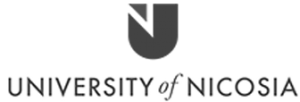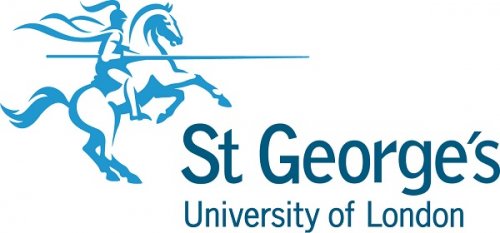Global Recognition
- UK medical degree allowing medical practice pathways worldwide with USMLE preparation and other national licensing exams. Our graduates have been offered positions at over 200 medical centres around the world for residency training, fellowships, internships, and research.
- Student Success Team ensures that you achieve your goals. Students are matched with a personal tutor from day one and have regular one-on-one meetings with our career advisers to track their studies, steps to practice in the country they wish to work.
- Global perspective in medicine, with more than 60 nationalities of students, you will study and practice with colleagues and faculty from around the world that provide a competitive advantage in the global health market.
- Small classrooms and early clinical exposure in your first year. Students attend problem-based learning classes in small groups; some of our classes are up to six students.
Admission Requirements
IMPORTANT ANNOUNCEMENT: The autumn 2020 academic semester will commence as planned. Courses will be delivered in-person and/or online based on public health recommendations which relate to the current pandemic. Applications are still open for all programmes and reviewed by our Admissions department.Entry Requirements
- A Bachelor’s degree with at least a 2.1 class honours or equivalent (3.3 GPA in the USA, 3.2 in Canada) or a higher degree (e.g., MSc, MPhil or PhD) in any discipline,
- Work or voluntary experience in a medical or health-related field, demonstrate a broad awareness of the scope of medicine,
- Overall score of 57 (with a minimum of 50 in each section) in the Graduate Australian Medical School Admission Test (GAMSAT); or a total score of 500 in the Medical College Admission Test (MCAT). Please see the GAMSAT or MCAT websites for further details on how to take these tests (www.gamsatuk.org or www.aamc.org/students/applying/mcat/).
- If English was not the primary language during your degree, you must also take the IELTS (International English Language Testing System) or equivalent (e.g., TOEFL), an IELTS score of 7.0 overall (with a score of 7.0 in the written element and no less than 6.5 in any other element) or equivalent is required.
Interview
If you are invited to an interview for the St George’s medical programme in Nicosia, it will be in a form of a Multi Mini Interview (MMI) and will be conducted through a video conference. The goal of the MMI is to better understand you holistically: you are more than your grades. We want to establish whether you have the appropriate skills and attributes to complete the course successfully and to practise medicine professionally.
The interview will consist of eight questions, each lasting five minutes (40 minutes in total). One person (the interviewer) will conduct the Skype call with you, reading each question and recording your responses. Once the interview is over, each one of your recorded responses will be sent to eight different assessors who will evaluate them. Your total score will then be calculated and sent to the Admissions Committee for a decision.
Why MMIs
The MMI approach is a robust and efficient assessment method that is less subjective than a panel interview, ensuring candidates are treated fairly. In addition, MMIs allow us to conduct the interviews more efficiently by assessing more candidates in a shorter time period, which means you will find out the outcome of your interview sooner. We aim to send you an offer decision within two weeks of your interview.
Full details of entry requirements and an online application form can be found at www.nicosia.sgul.ac.cy
Screenings
You must undergo satisfactory health and police screening, including a screen for and immunisation against Hepatitis B.
Aim of the Curriculum
The aim of the MBBS course is to produce graduates with the essential knowledge, understanding, skills and attitudes required to practise medicine competently and professionally in a patient-centred, multi-professional environment and to equip them for a career of life-long learning and professional development.
Overview of the Curriculum
The MBBS curriculum is organised as follows:
Clinical Science
- Core Curriculum Clinical Sciences / Year 1
Clinical Practice
- Transitional Year / Year 2
- Penultimate Year / Year 3
- Final Year / Year 4
Student Selected Components Years 1, 2 and 4
Structure of the Academic Year
The curriculum is taught within a traditional academic year structure, starting in September. Year 1 is delivered through Problem Based Learning. Year 2 is organised around both Problem Based Learning and three clinical blocks. Year 3 is organised around four eleven-week clinical placement blocks. Year 4, for reasons concerned with the required overall length of the course, is a period of intensive clinical experience up to the point that eligible students enter their clinical finals assessment.
ΚΑΤΗΓΟΡΙΕΣ
ΚΑΤΗΓΟΡΙΕΣ
ΆΡΘΡΑ









